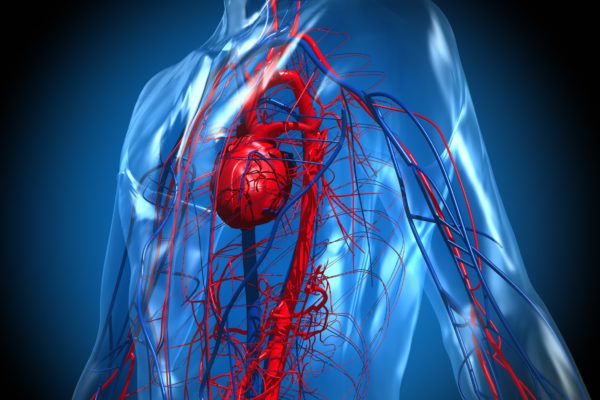
NHS.uk
Renal cancer is a cancer that starts in the kidneys. Cancer starts when cells in the body begin to grow out of control.
The kidneys are a pair of bean-shaped organs, each about the size of a fist. They are located in the retroperitoneum, meaning they are attached to the upper back wall of the abdomen. They are protected by the ribcage and each kidney is located either side of the spine. Small glands called adrenal glands sit above each of the kidneys.
The kidneys’ main job is to filter the blood coming in from the renal arteries to remove excess water, salt and waste products. These waste products form urine which then leaved the kidneys by ducts called ureters, which connect at an area known as the renal pelvis. Urine travels down the ureters to the bladder, where it is stored until urination. The kidneys also have other jobs: they help control blood pressure by making a hormone called renin and are involved in red blood cell synthesis by producing a hormone called erythropoietin.
Renal cancer is a relatively commonly cancer. In Belgium, 1677 cases were diagnosed in 2015 on a total of just over 67,000. Two-thirds of patients are male the most commonly affected age group is those ages between 60 and 80 years old. Because renal cancer is often detected at an early stage, the 5-year survival rate for patients with a stage I cancer are 89%. This drops off dramatically to merely 10% if the tumour is discovered at stage IV.
There are several types of renal cancer.
At the onset of the disease, a kidney tumour does not cause any noticeable symptoms, but as the tumour grows, the following symptoms may occur:
Patients also present symptoms that are not directly caused by the tumour, but by the body’s reaction to it. These symptoms include:
Little is known about what causes renal cancer, but research has shown that certain factors incur a greater risk of developing the disease. These factors include:
There is a genetic link with certain renal cancers. These involve diseases like Von Hippel-Lindau, hereditary papillary kidney cell carcinoma, Birt-Hogg-Dubé syndrome and Wilms tumour (a rare cancer that only affects children).
If a GP suspects a patient may have renal cancer, they will conduct a physical exam and refer the patient to a specialist for further tests. These may include blood and urine tests, ultrasound, a bladder scan (cystoscopy), CT and MRI scans. A biopsy is almost always required to make a definitive diagnosis of cancer. Renal cancer tends to be an incidental discovery in between 35 and 50% of all cases. Often the cancer is discovered during imaging tests for other health issues. Tumours found in this manner are more likely to be in the earlier stages of development. Upon diagnosis, further tests are required to determine the location and size of the tumour, and see if the disease has spread. This is known as a staging scan and may involve a CT or MRI of the abdomen, pelvis, thorax and head.
A biopsy helps determine the histology of the cancer and to what extent cancer cells have mutated from normal cells. Renal cancer is staged by either the TNM (tumour, node metastasis) system or numerical staging system. There are four stages of renal cancer.
When the diagnosis has been made and the stage of the cancer has been determined, an oncologist will consider which treatments may be appropriate. In case of kidney cancer, treatment options are surgery, cryotherapy, radiofrequency ablation, biologic therapy, immunotherapy and radiotherapy. Cryotherapy involves the freezing of the tumour, causing the tumorous cells to die. Radiofrequency ablation is the opposite; here tumorous cells are heated until they are destroyed. If the tumour has not yet spread to other parts of the body, surgery is often the preferred treatment. If the cancer is at a very early stage then a partial nephrectomy is an option, where part of the kidney is surgically removed. If the cancer has spread, biologic medicines or immunotherapy are possible treatment options, often as an adjuvant therapy when combined with surgery. Chemotherapy is not normally effective in treating renal cancer. Radiotherapy is often used as a palliative treatment, meaning its aim is not to cure the underlying disease but to reduce the symptoms. In an advanced setting, targeted therapy with kinase and mTOR inhibitors is an option for eligible patients, and is an active area of research.





